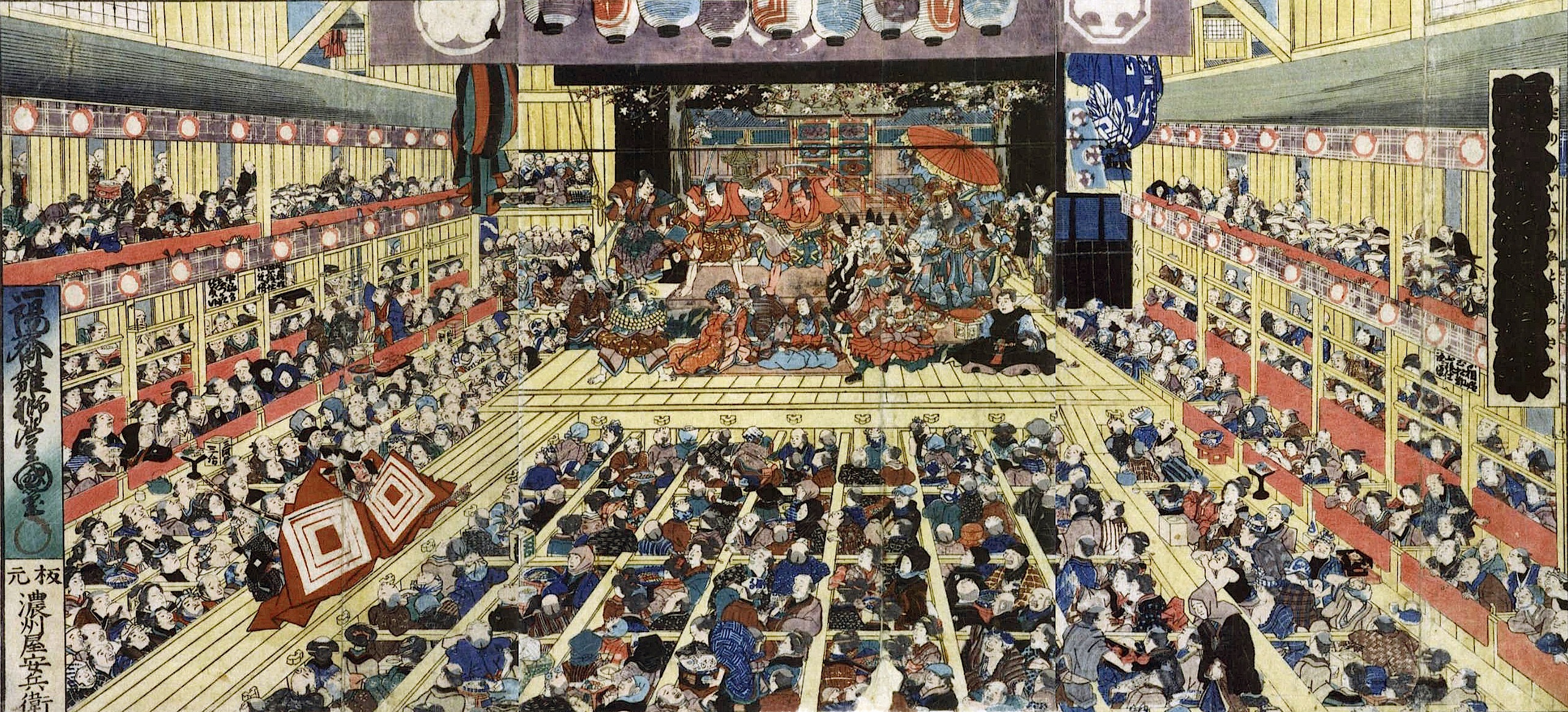When I lived in other places, e.g., in Edinburgh, I used to go to the cinema regularly, actually mostly to the legendary Filmhouse and to the Cameo. Unfortunately, around here (Uppsala, Sweden) most cinemas, besides being very expensive, just show very low quality films. This restriction forced me to seek alternative venues. And so I discovered Japanese cinema. For long time now, I've been watching free Japanese films of bygone times, those films that are, of course, available for free on the Internet. And so I compiled a list which I would like to share:
My Japanese cinema list
In it, one can find films by Kenji Mizoguchi (such as Ugetsu Monogatari, Sansho the Bailiff and the Crucified Lovers, all highly recommended), by Hiroshi Simizu (such as Mr Thank You, a real must) and by Yasujiro Ozu (such as Late Spring, Ohayo [Good Morning], which one should watch at least twice). Unfortunately, Tokyo Story, one of the greatest films ever made, is not available with English subtitles.
Japan has a long history in film, starting from 1897. Most people know Akira Kurosawa and, more recently, Takeshi Kitano, but the films in my list go back to the roots of the Japanese cinema. Perhaps the reason that Japan has had such a stunning cinematic production can be traced to its long tradition in theatre that produced the genres of Gagaku, Noh, Bunraku and Kabuki. But I can't say for sure because I'm neither an expert nor I have much knowledge about the these genres other than a cursory one. Nevertheless, last year, I did manage to visit the great exhibition of 19th-century Japanese Kabuki theatre woodblock prints at the Museum of Scotland in Edinburgh.












